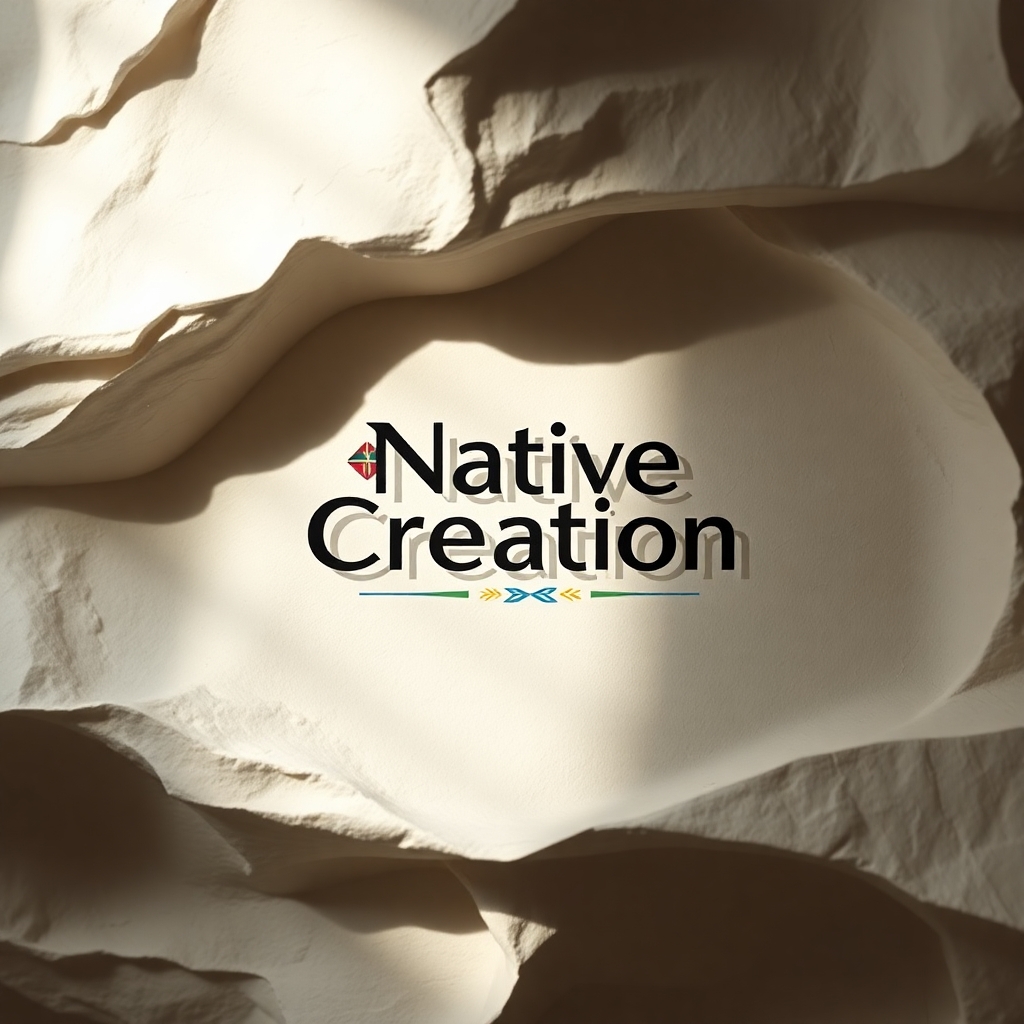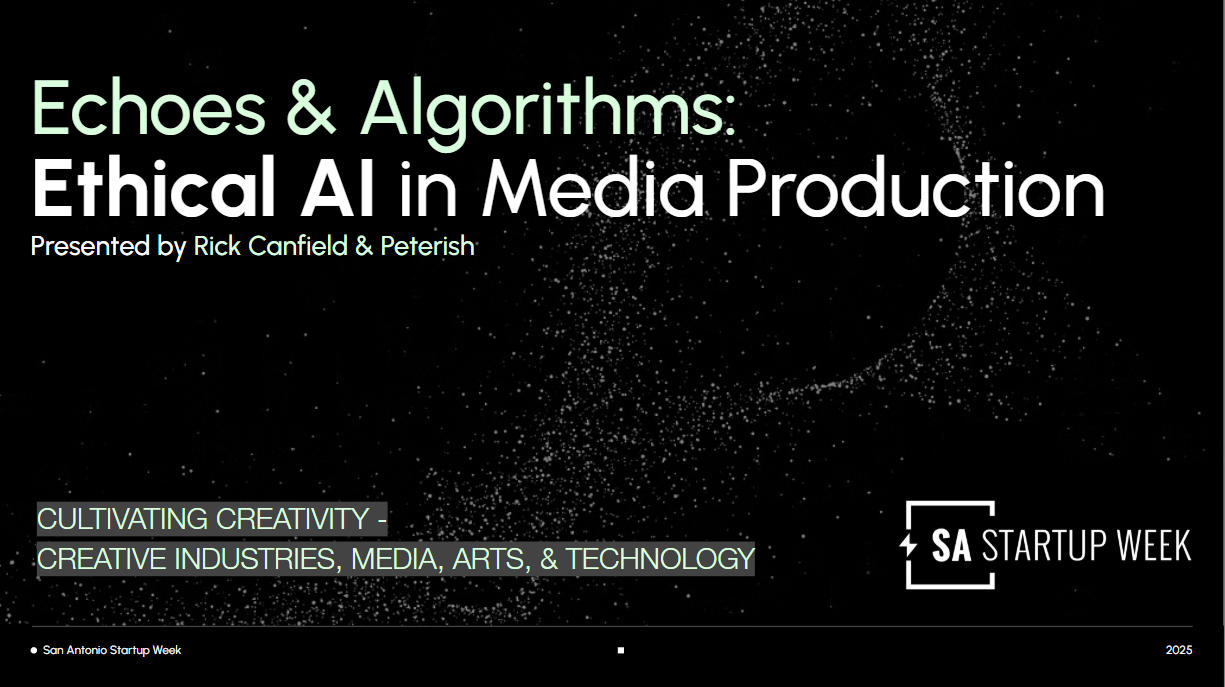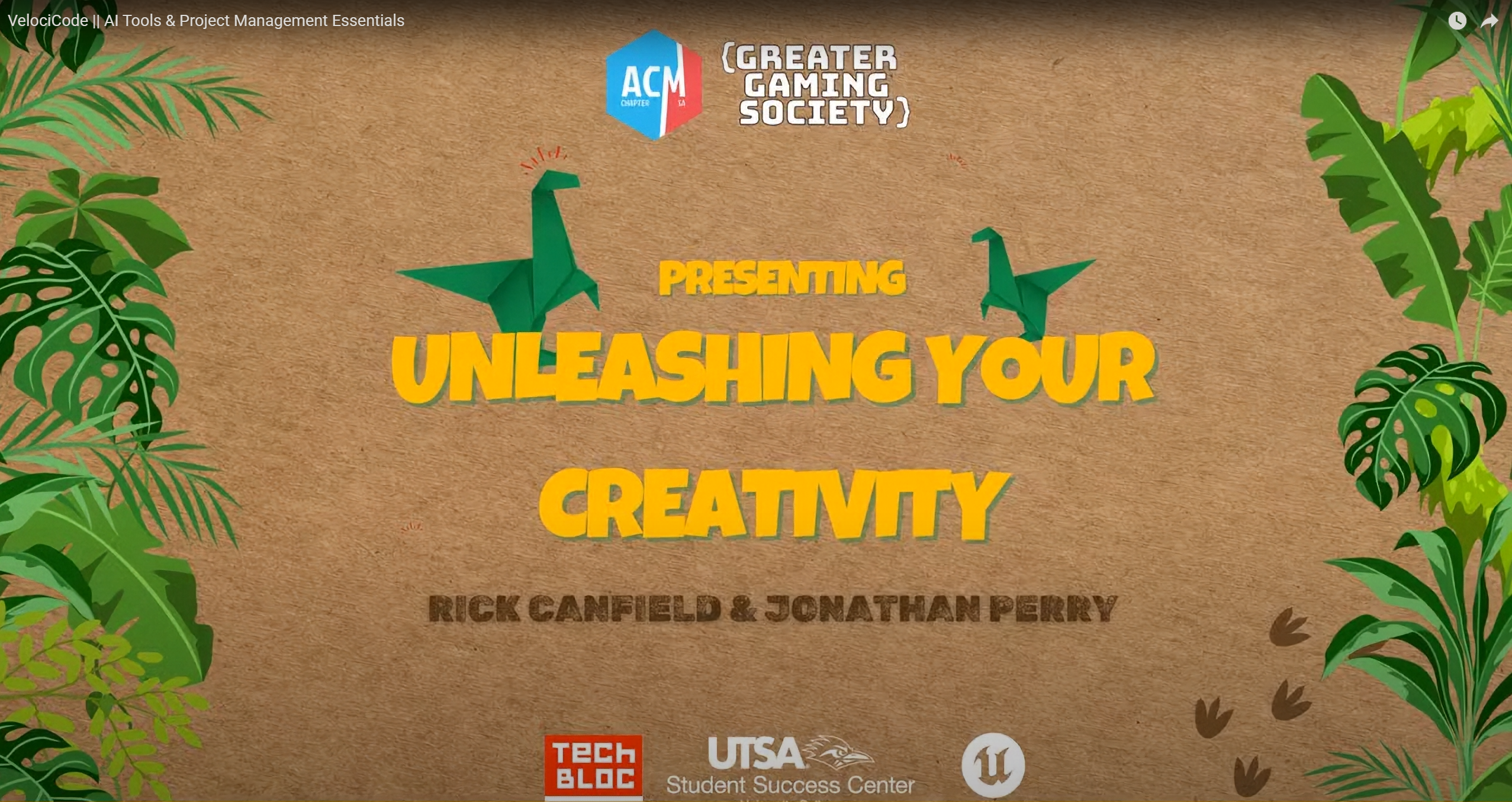Escape, Exploration, and Evolution: The impact of the Metaverse on the Realverse
The buzz around the Metaverse is deafening. It’s more than just a passing tech trend or another upgrade to video games; it’s the next great frontier of the internet. Forget the flat, two-dimensional web of screens and clicks. The metaverse is a collection of persistent, interconnected 3D worlds , where you, represented by your avatar, exist and interact in real time. It’s a living, breathing digital space that doesn’t shut down when you log off—and its impact on your life, work, and community is about to be profound.
The Untapped Potential: Why We’re Rushing In 🚀
The metaverse isn’t just about entertainment; it’s poised to fundamentally solve some of the real world’s most persistent problems.
Transforming Work and Collaboration
The pandemic forced the world into the remote-work experiment, but video calls are often tiring and sterile. The metaverse offers the antidote. Imagine stepping into a virtual office space where you can spontaneously gather around a 3D whiteboard, hold private side conversations by simply moving your avatar away, or conduct a global engineering meeting standing inside a digital twin of a factory floor. This level of spatial presence and intuitive interaction eliminates the fatigue of 2D screens and boosts collaborative innovation.
The Ultimate Empathy Engine
Textbooks and lectures are one thing; experience is another. The metaverse holds the key to revolutionizing education and training through immersive simulation. A medical student can perform complex, risk-free virtual surgery; a history student can walk the streets of ancient Rome; and emergency responders can run countless high-fidelity disaster scenarios. Learning becomes experiential, leading to far greater understanding and knowledge retention.
A Creator Renaissance
For artists, designers, and musicians, the metaverse is a limitless canvas. It provides a global, 24/7 platform for artistic expression and monetization. Architects design virtual skyscrapers that sell as real estate; fashion houses create digital couture for avatars; and artists mint interactive 3D sculptures as NFTs. The digital creator economy is unlocking revenue streams and creative collaborations that were physically impossible before.
The Shadow Side: Risks We Can’t Ignore 🚨
As with any powerful, disruptive technology, the metaverse casts a long shadow. Its transformative potential is matched by its capacity to amplify societal risks.
The Digital Addiction Trap
The allure of a perfect, customizable virtual life—where you can be richer, thinner, or more powerful than in the real world—is intensely compelling. The risk of addiction and social isolation is very real. If people spend excessive time fully immersed, they may risk losing touch with physical reality, neglecting mental and physical health, and damaging real-world relationships. We must proactively design for digital well-being.
The Privacy and Security Black Hole
The metaverse will generate unprecedented amounts of personal and biometric data—from eye movements and reaction times to voice patterns and spending habits. This data, if centralized and unprotected, is a goldmine for hackers and malicious actors. Without robust, decentralized security protocols and clear regulatory oversight, the metaverse could become the most invasive surveillance tool ever invented.
Widening the Social Divide
Will the metaverse create a two-tiered society? If access to high-fidelity experiences, virtual education, and economic opportunities is gated by expensive hardware and high bandwidth, the metaverse will simply amplify the existing digital and economic divide. Furthermore, existing issues of harassment and polarization seen on Web2 social media platforms could be made more intense and traumatic by the immersive nature of VR.
The Verdict: Building a Future, Not Just a World
The metaverse is an inevitability, but its ultimate outcome is not. It’s neither an assured utopia nor a guaranteed dystopia; it is merely a powerful tool.
The difference between a vibrant, beneficial evolution of human society and a fragmented, highly controlled virtual landscape hinges entirely on how policymakers, developers, and users decide to govern this space. We must ensure:
- Ethics precedes code.
- Inclusivity is prioritized over profit.
- Governance remains decentralized.
The potential for a more creative, collaborative, and experiential future is waiting. The task for us is clear: we must be mindful of the pitfalls as we collectively build the bridges to the next digital frontier. Are we building a better world, or simply a more captivating distraction? The answer is in our hands.
- Echoes & Algorithms: Ethical AI in Media Production - October 28, 2025
- Creativity and AI Ethics: An Essential Toolkit for Game Dev Success - August 1, 2025
- Echoes on the Canyon Walls: Why the Pecos Rock Art is North America’s Oldest Grand Media - May 1, 2025






